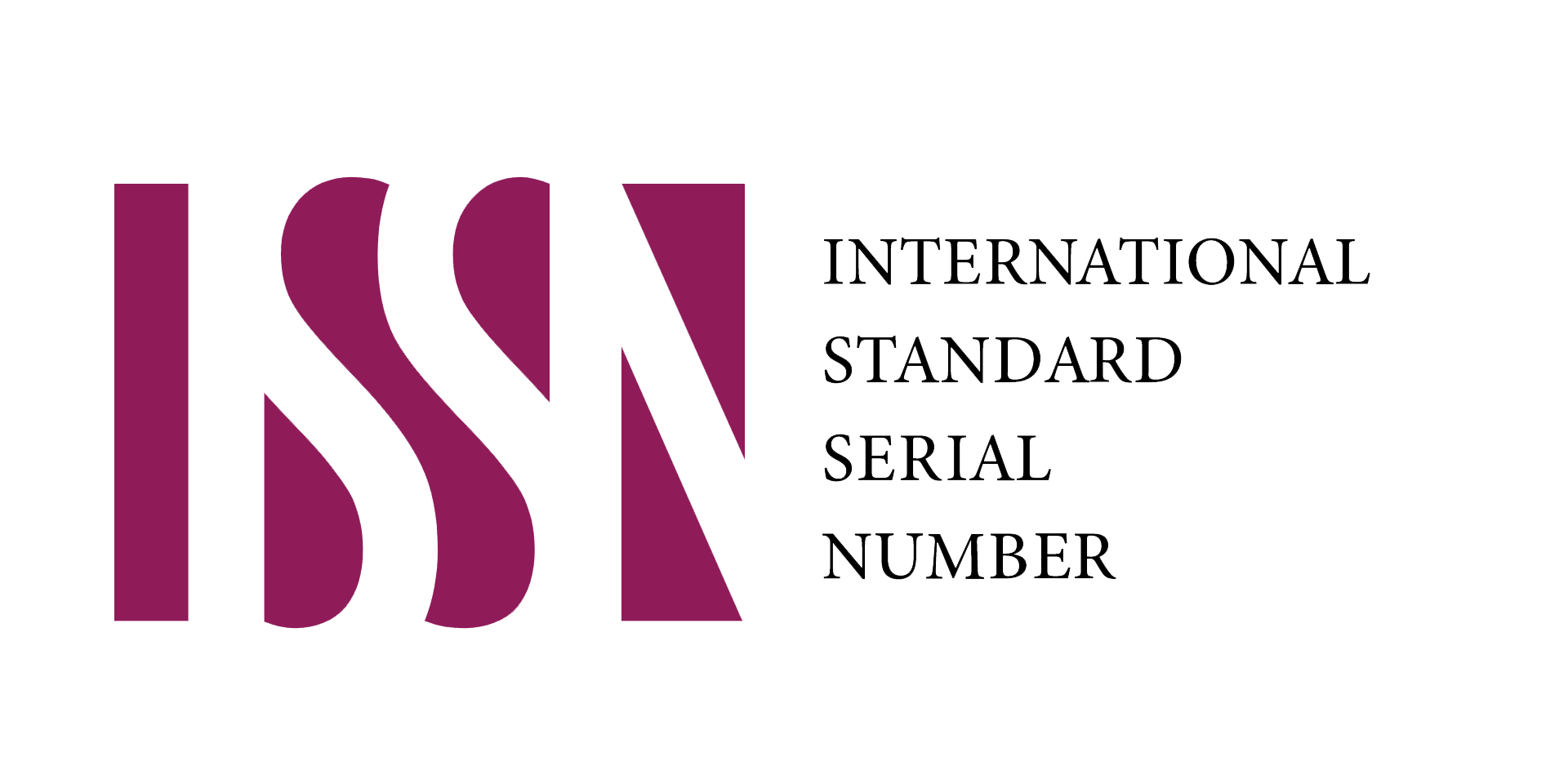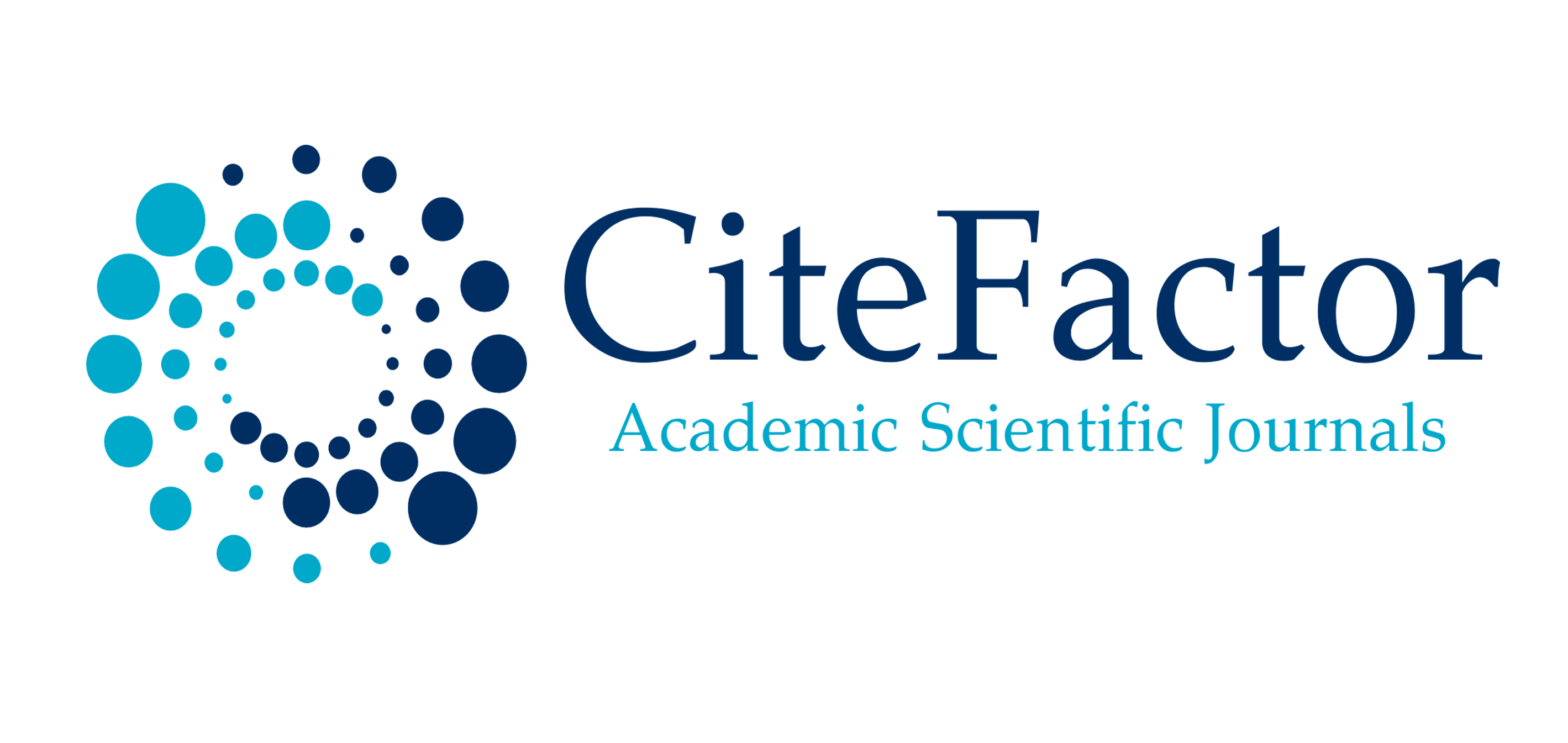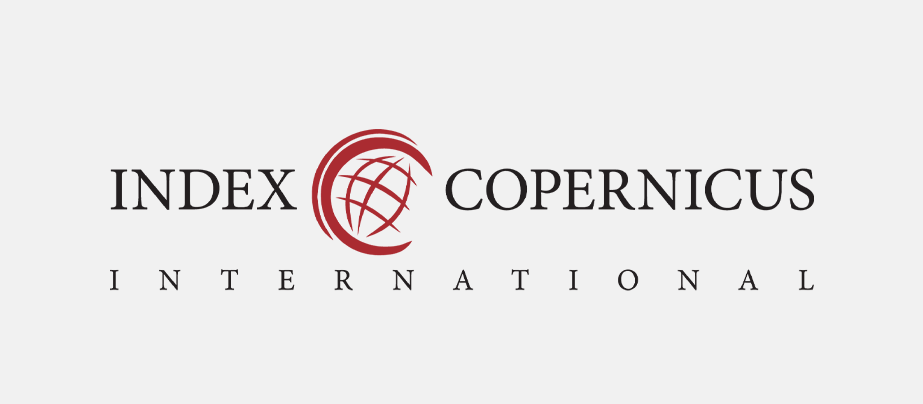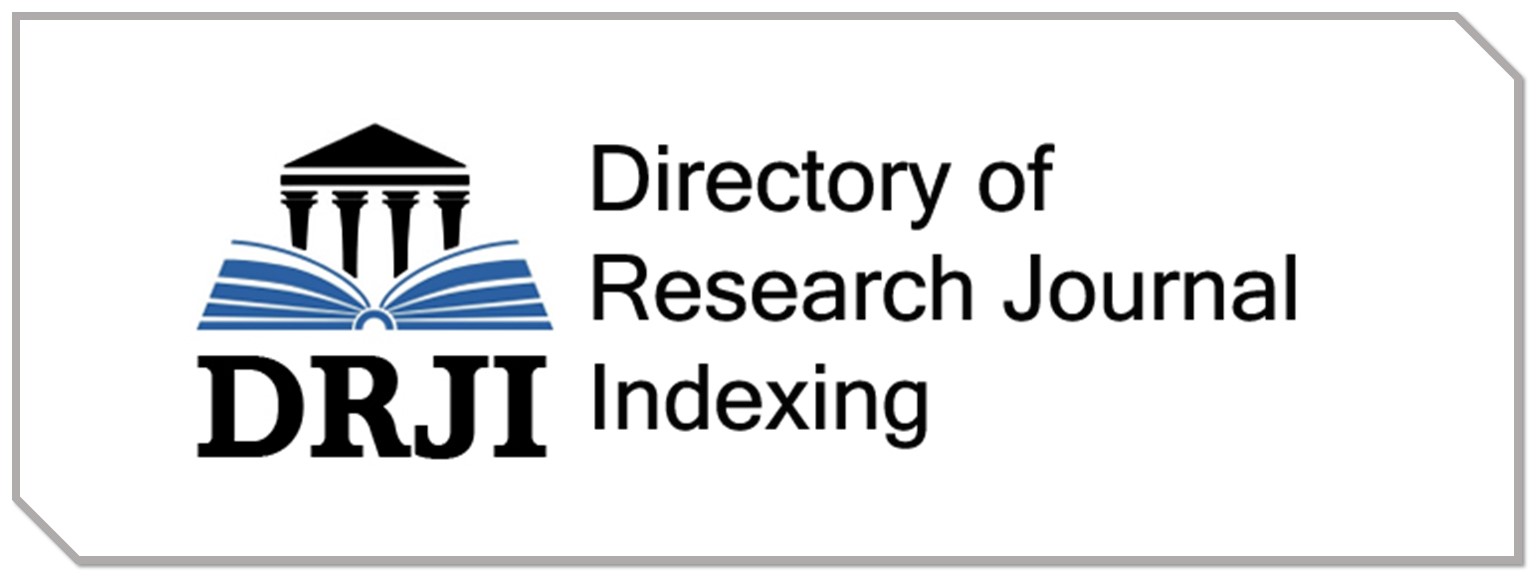Classification of Functions of Communicative Strategy and Tactics in Political Communication
Keywords:
Political Communication, Communicative Strategies, Tactics, Persuasion, Information, Manipulation, Messaging, Audience Targeting, Rhetorical Devices, Public OpinionAbstract
The classification of functions of communicative strategy and tactics in political communication is crucial for understanding how politicians and political entities convey messages, influence public opinion, and achieve their goals. This paper explores the multifaceted roles of communicative strategies and tactics, categorizing them into several key functions. Firstly, informational functions are aimed at disseminating facts, policies, and positions to inform the electorate. Persuasive functions seek to sway public opinion, employing rhetoric, emotional appeals, and framing techniques to build support or opposition. Interactive functions focus on engagement with the audience through debates, social media interactions, and public consultations, fostering a sense of participation and responsiveness. Defensive functions involve managing crises, countering opposition attacks, and mitigating damage to a political entity’s reputation. Mobilizing functions are designed to activate and galvanize supporters, encouraging voter turnout and political activism. Furthermore, legitimizing functions aim to establish credibility, authority, and trustworthiness in the eyes of the public. The paper also examines the interplay between these functions and the tactical choices made by political actors, such as message framing, agenda-setting, and narrative construction. By dissecting these functions and tactics, the study provides a comprehensive framework for analyzing political communication, offering insights into the strategic thinking behind political messaging and its impact on democratic processes. This classification aids in a deeper understanding of the sophisticated methods employed in political discourse and highlights the importance of strategic communication in shaping political landscapes.










